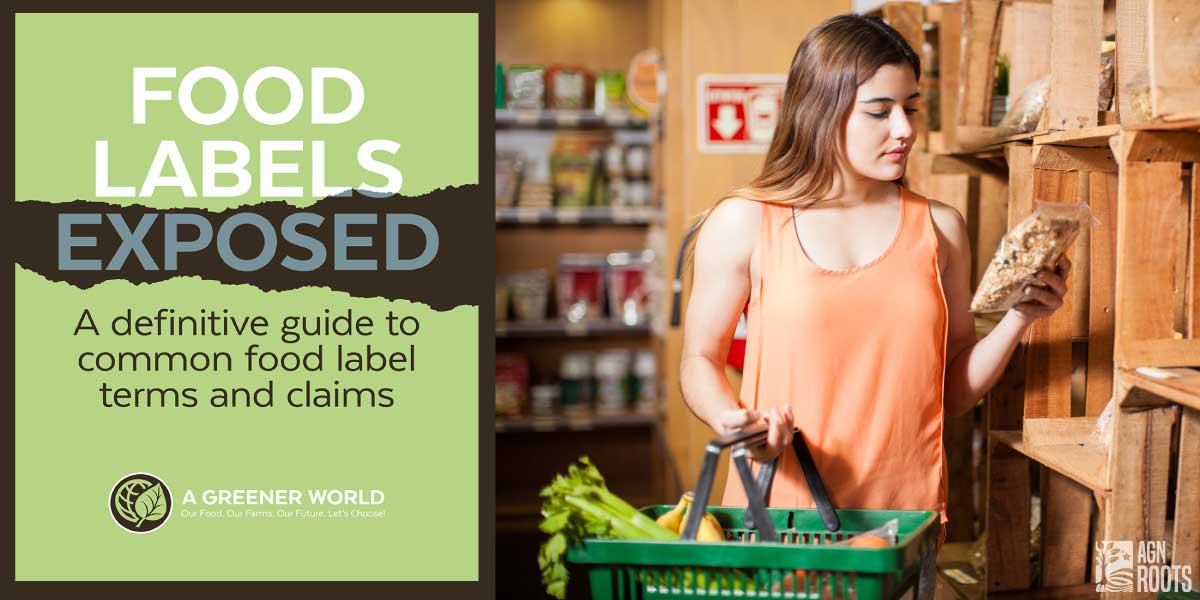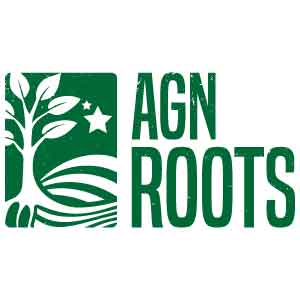Common Food Label Claims - Explained

In the world of fitness and nutrition, product claims are seemingly endless. Many customers, when presented a product, assume that if a marketing claim made its way to a package label that it underwent some assurance process with a reasonable level of oversite before being for sale.
Surprising to many, the vast majority of food and supplement labels are unchecked and unverified until something goes wrong. In the world of whey protein powder, if the manufacture declares the product as a "dietary supplement," the protein powder is only "post-market" regulated.
Post-market means that unless there is a lawsuit from a consumer falling ill as a result of consuming the product, the Federal Trade Commission relies on each manufacturer to self-regulate.
Unfortunately, the loose regulations when it comes to advertising and product claims too often leave customers at risk and in the dark on the true origin of where they have put their trust and what operations they are supporting with each purchase.
Consumer education around third-party verification and certifications has become critical – the industry is overflowing with hollow and misleading claims.
Let's take a look at some widely made "claims" used to sell some of our favorite products.
The "Natural" Claim -
One of the biggest offenders is the term "natural." It's almost comical how little that word means "Natural" has nothing to do with where animals live, how they are treated, or even what they eat.
Consumer Reports confirm that the overwhelming majority of consumers believe that the claim "natural" on a food package should mean the product:
- Contains no artificial ingredients
- Is produced without pesticides
- Is produced without genetically modified (or engineered) organisms (GMOs)
- Originates from farm animals free of antibiotics
However, the claim means none of these things. On meat and poultry, the U.S. Department of Agriculture defines "natural" as minimally processed with no added artificial ingredients. For other foods, the term has no exact meaning, nor is it regulated by any government agency.
The "Cage-Free" Claim -
On eggs does mean that the hens who laid them did not spend their entire lives in inhumane wire cages, and that is a good thing. But it doesn't mean they had any access to the outdoors, or even adequate space or enrichment in that indoor environment.
To further complicate things, the term "cage-free" on a package of chicken or turkey meat adds no value because meat birds are not subject to being raised in cages.
The "Grass-fed" Claim -
Cows naturally consume grass as part of their diet. Still, over the past several decades, the industry, to meet production demand, has shifted to feeding cows mostly grain (e.g., corn), which has proven time and time again to carry with it severe adverse health impacts.
The USDA does not have an official definition for "grass-fed" claims for dairy products. Pasture access during the animal's life is required, but producers are allowed to define the specifics themselves, resulting in huge variations, many of which are substandard.
Feedlots are allowed in the final months, as are antibiotics and hormones. Only "100% grass-fed" animals must feed on an entirely grass-based diet.
For products from animals raised on pasture for their entire lives, look for Animal Welfare Approved or Global Animal Partnership.
The "Free-Range" or "Free Roaming" Claim -
Most farm animals live their lives entirely indoors. The USDA requires producers using "free-range" or "free-roaming" claims to demonstrate that animals have "access to the outdoors." Still, size, quality, and length of access to that outdoor space are unregulated, so conditions vary greatly and again can be considered substandard
For products from animals raised outdoors with adequate space, look for Animal Welfare Approved Certification or the Global Animal Partnership.
To Learn More: Download Here!
What about the term "Grass-fed" specifically on Whey Protein Powders?
Chances are, you may have purchased protein powder that, in some way, shape, or form, marketed claims to be "Grassfed" sourced. A few reasons for this claim to be made so quickly and to be abused so often include:
- The perception of the term "Grass-fed" and it's the association with a premium cost.
- Neither the Federal Drug Administration nor the Federal Trade Commission has the ability, resource, or capacity to regulate supplement claims before they go to market. The "Grass-fed" advertisement, in particular, compared to the extent of falsely marketed claims out there, would be considered low-priority without warranting any spending allocations for enforcement.
Stop Animal Cruelty by Supporting Accredited Products
We believe the number to be about 99%. Meaning 99% of marketed "grass-fed" whey protein products come from Concentrated Animal Feeding Operations (CAFOs) with zero shame and zero substance to back such a claim. In the United States 96% of all milk is produced in factory farms.
We encourage absolute skepticism before purchasing any supplement marketing as "grass-fed" whey protein to ensure you are not unknowingly supporting a CAFO.
Other than a select few Organic farms, a substantial percentage of dairy cows in the U.S. have very limited or no access to pasture. Instead, they jammed indoors, with more than a third of them living in stalls that restrict movement.
Various physical alterations are routine within CAFO dairy farms under the guise of serving the animals; however, we assure you, the processes performed in CAFOs are of no benefit to the animals.
Currently, roughly half of the dairy farms in the U.S. practice tail docking, and about 90% of those operations practice dehorning; both procedures performed without anesthesia or pain medication.
By supporting dairy accredited dairy products, you aren't supporting CAFOs.
Learn More Here: CAFO Explained


